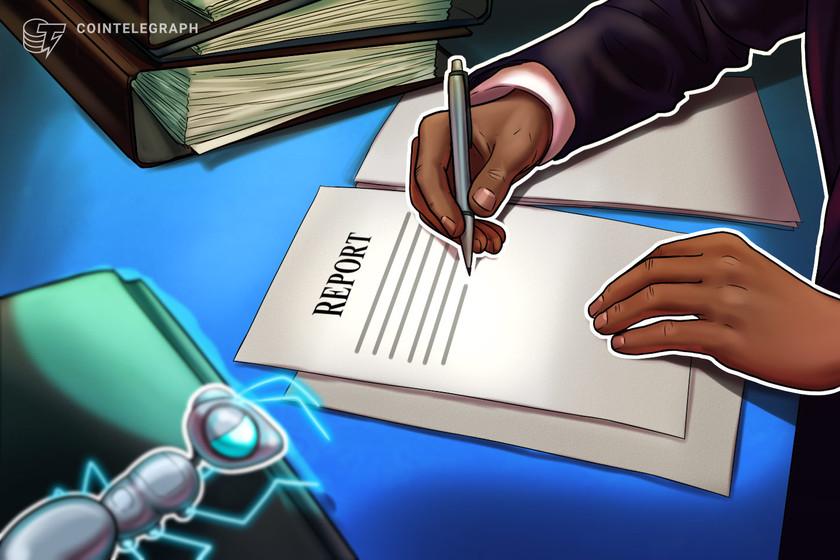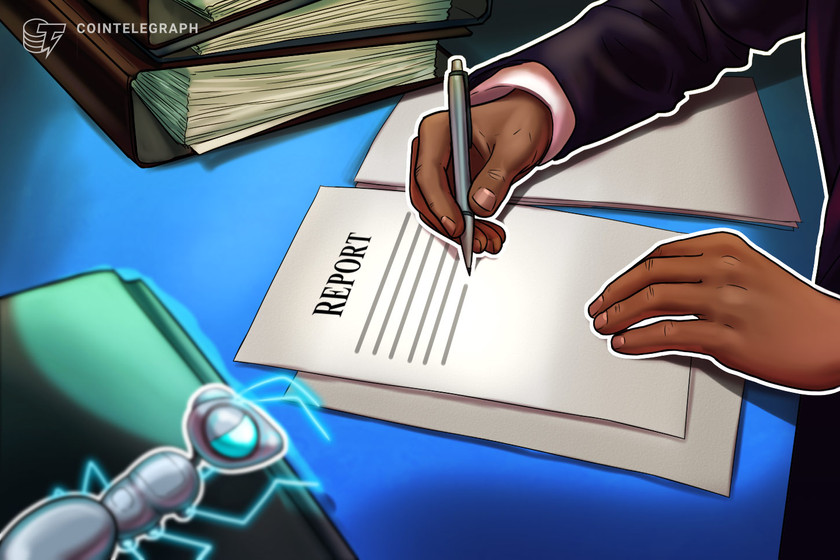Ethereum researcher says staking reveals IP address, sparking privacy concerns


A researcher at the Ethereum Foundation says he had “internally” discovered that staking Ether reveals a user’s IP address information.
A researcher at the Ethereum Foundation has revealed that the IP addresses of Ether (ETH) stakers are monitored as part of a broader set of metadata, causing the cryptocurrency community to flag Ethereum for privacy concerns.
In an April 12 interview on the crypto podcast Bankless, EF researcher Justin Drake revealed that he learned this information “internally” — presumably, at the foundation.
The metadata Drake referred to is used to track a wide range of things, he explained:
“There’s a lot of metadata, you can look at deposit addresses, you can look at withdrawal addresses, you can look at fee recipients, you can look at IP addresses.”
Drake’s comments appeared to have taken Bankless host Ryan Sean Adams by surprise.
Ethereum = 1984 chain
Justin Drake, who works as the “Researcher” at the Ethereum Foundation, said today that when you stake your ETH, you can be tracked via IP address.
He says he knows information “internally” that such databases exist. pic.twitter.com/2V6DvTobL3
— Pledditor (@Pledditor) April 13, 2023
“So it’s a fairly Sybil resistant dataset of your most involved Ethereum citizens?” Adams asked.
“Exactly,” Drake responded.
The conversation was initiated when Drake predicted that “special airdrops” may become available for solo stakers — but not the industry heavyweights:
“Then you can identify, okay, we know who Kraken is, we know who Coinbase is, and we can just not give them an airdrop if the purpose of the airdrop is to airdrop to specific individuals that are running solo validators.”
The conversation caused a stir on Crypto Twitter.
Related: Crypto privacy is in greater jeopardy than ever before — here’s why
One Twitter user referred to Ether as the “real surveillance coin,” while another mocked Drake by sarcastically rehashing him: “We can stop censorship by censoring those we don’t like.”
Another described the situation as “central governance to a T.”
To resolve the privacy concerns, one Twitter user suggested that Ethereum users take on-chain privacy responsibilities into their own hands by installing a Linux operating system, using a Virtual Private Network (VPN) and storing crypto assets on a hardware wallet such as Ledger:
DeFi security setup:
– Linux system
– VPN 24/7
– Ledger (hardware wallet)Protect yourselves from data mining and scams
Am I missing anything? https://t.co/X2YrGwpbdx
— DeFi Crypto Vaults (@DefiVaults) April 13, 2023
It isn’t the first privacy-related statement to have caused a stir in the crypto community either.
ConsenSys, the team behind Ethereum wallet MetaMask, began collecting IP addresses in November. The policy amendment was made to ensure that the firm could comply with Know Your Customer (KYC) and Anti-Money Laundering (AML) policies where necessary.
Cointelegraph contacted Drake and the Ethereum Foundation for comment but did not receive an immediate response.
Magazine: ‘Account abstraction’ supercharges Ethereum wallets: Dummies guide









